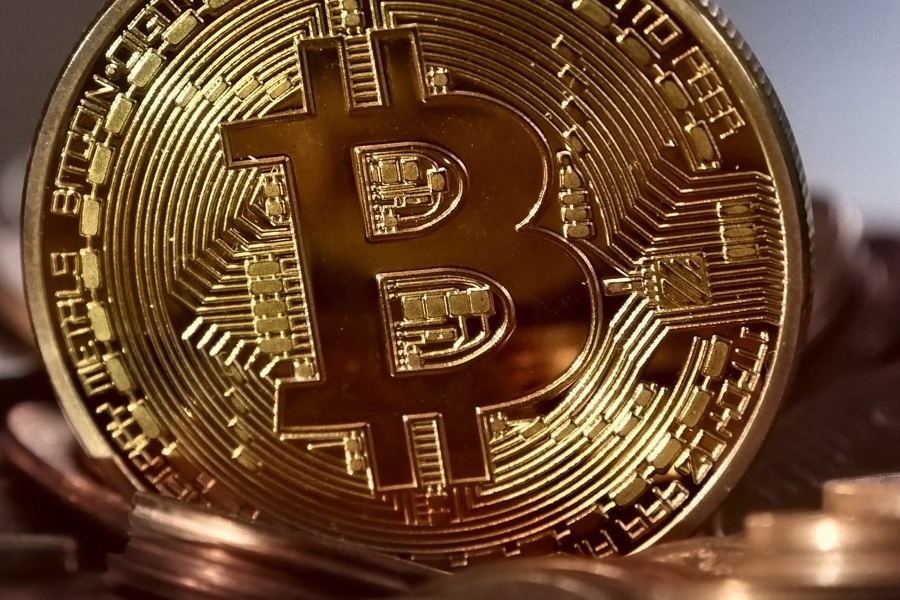
The saga of cryptocurrencies began in January of 2009. This is when Bitcoin, the first-ever cryptocurrency, was introduced. The allure of cryptocurrency is that it is a creative and imaginative solution to a very real problem with fiat currencies across the world. Governments issued fiat currencies are subject to the printing press to pay astronomical government indebtedness sometimes. The currency can then becomes worthless due to massive inflation.
This scenario has played-out both historically and recently. Think of the crippling inflation in Weimar Republic Germany and the more recent experiences of both Zimbabwe and Venezuela. Another advantage of using cryptocurrencies is that banks may be cut out of transactions altogether, avoiding bank fees and the possibility of bank failure.
So How Does Cryptocurrency Actually Work?
Cryptocurrencies are a way around these problems. The idea is that currency and transactions are processed through a digital network that is not answerable to any government or bank. Instead, each individual or nod participating in the network is assigned a key for authorizing transactions. After being verified by an exchange that deals in crypto-currency, each individual has a wallet address in that exchange. Such an individual may use their fiat currency to buy cryptocurrency that then can be directly sent to anyone on the same network for goods and services.
As these exchange transactions occur, they are documented on a public ledger. Each transaction has a unique public key that is used for verifying it. This is where digital currency data miners enter the picture. Instead of third-party bank verifying transactions, they are verified by the “miners.” These miners use sophisticated hardware to verify each block of transactions that are completed every 15 minutes for Bitcoin, at least.
What is the Benefit for a Cryptocurrency Miner?
The first miner or group of miners that successfully determines all the correct transactions in a block is awarded some amount of the digital currency. For Bitcoin miners, the block of currency that can be provided is cut in half every four years. Every time the miner’s reward is cut in half, Bitcoin may become potentially more valuable as demand rises in relation to supply. As value increases, minors should be theoretically compensated for receiving fewer Bitcoin. Eventually, Bitcoin should top out at no more than 21,000,000 coins in circulation.
The Volatility of Cryptocurrency
An important aspect of any cryptocurrency, not just Bitcoin, is the potential volatility of that coin. Volatility simply reflects the change of value based on supply and demand. Because of these changes in value, it has become very popular to trade cryptocurrencies like stocks or precious metals. It is also due to this volatility that cryptocurrencies are not yet widely used in the same way fiat currencies are often used.
The volatility of cryptocurrencies is of particular concern to the taxman, though, and results in the introduction of new taxes, specific to cryptocurrency. There are three ways that the handling of cryptocurrency can subject you to cryptocurrency taxes in the United States.
First, every time you sell or exchange cryptocurrency for a value that differs from the purchase price of that currency, a potential taxable act has occurred. If one invests in a fund that deals in cryptocurrency and that fund increases in value, it may be a taxable act to sell that fund. Finally, miners are subject to paying taxes on any cryptocurrency they receive at the market value of the currency on the date they receive it.
The post appeared first on Coindoo







